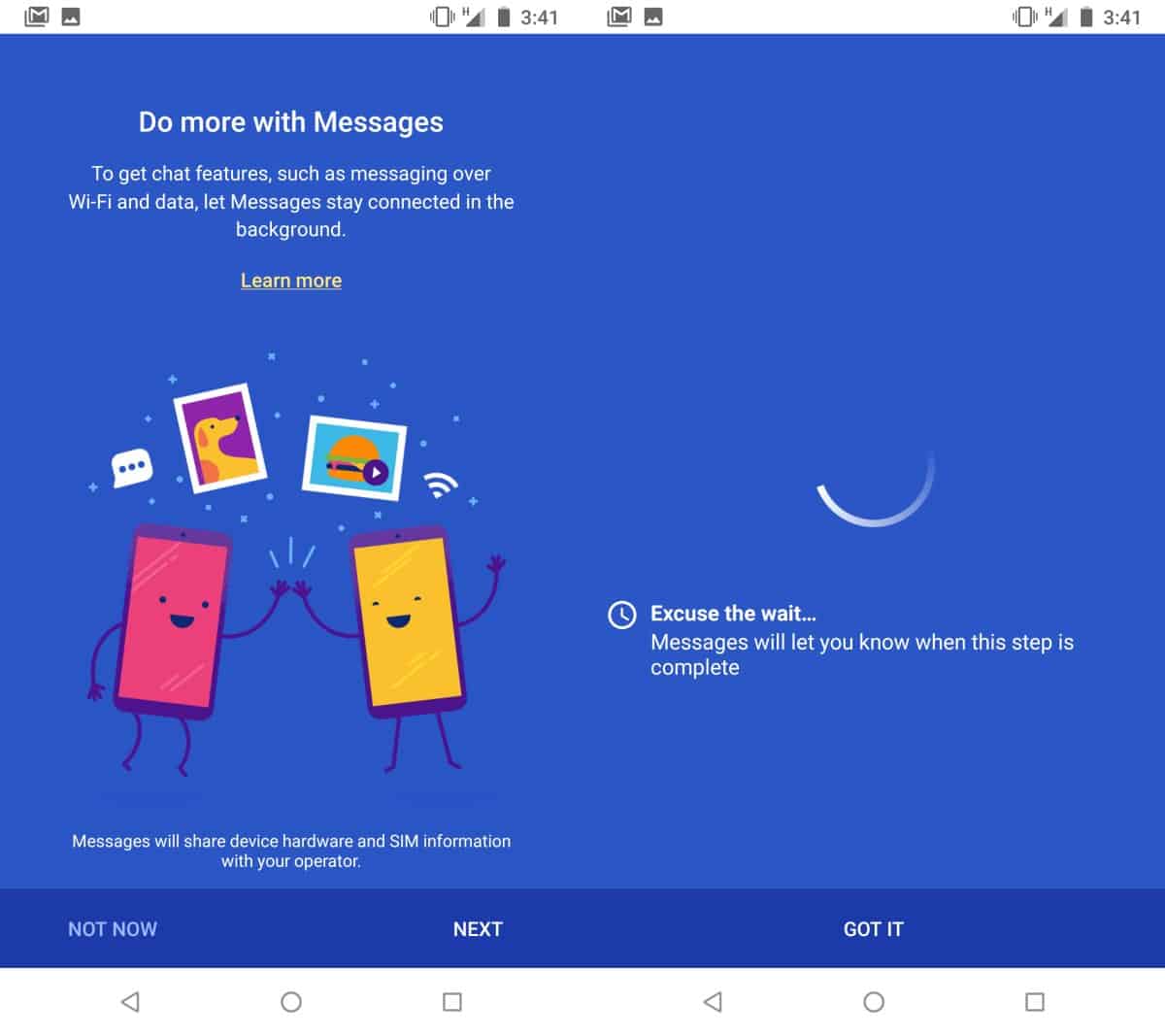
Google’s endeavor to modernize texting on Android through Rich Communication Services (RCS) has hit a snag, with some users reporting issues on specific Android phones. RCS, designed to supersede the traditional SMS, offers a slew of advanced features such as typing indicators, read receipts, and high-quality media sharing, aiming to elevate the messaging experience to the standards users have come to expect from modern chat applications.
Key Highlights:
- Some users report RCS not connecting on mobile data, especially on Google Fi customers with Pixel phones running Android 13.
- The problem seems intermittent and not widespread, affecting a limited number of users.
- Common troubleshooting steps include disabling chat features and re-enabling them, clearing app cache and data, and ensuring internet connectivity.
- Dual SIM users may need to disable the second SIM to resolve conflicts preventing RCS from working correctly.

Troubleshooting RCS Issues
Users encountering issues with RCS on Google Messages have several potential fixes at their disposal. Steps include toggling the “Enable chat features” option within the app, ensuring the app is allowed to run in the background, and verifying the phone number if the service is available in the region. Sometimes, simply waiting a few hours resolves the issue as the feature reconnects automatically. Clearing the app’s cache and data or disabling a second SIM card on dual SIM devices are also suggested remedies for persistent problems.
Carrier and Device Support
The RCS issue appears more pronounced for certain carriers and devices. For instance, some Google Fi customers with Pixel phones experienced difficulties connecting to RCS after updating to Android 13. However, this issue was not universally experienced and seemed to affect a limited number of users. Google has stated that they have resolved the issue for Fi customers, ensuring that RCS messaging should now function normally across their network.
AT&T has embraced Google Messages and RCS for all Android phones in the US, aiming for a more consistent messaging experience. This move follows T-Mobile’s adoption of RCS, with Verizon being the notable holdout in fully supporting Google’s universal RCS standard.
The Road Ahead for RCS
Despite the current hurdles, RCS represents a significant leap forward in making text messaging more robust, interactive, and engaging. As carriers and device manufacturers continue to iron out the kinks and expand support, the adoption of RCS promises to enhance how we communicate, bridging the gap between traditional SMS and the dynamic capabilities of online messaging platforms.
The ongoing reports of RCS not working on some Android phones highlight the complexities involved in rolling out a new technology across a diverse ecosystem of devices and carriers. Nevertheless, the commitment shown by Google and partnering carriers like AT&T and T-Mobile underscores the industry’s dedication to advancing messaging standards.
As RCS continues to evolve and mature, it is expected that these teething problems will be addressed, paving the way for a universally improved messaging experience across all Android devices. The hope is that, in time, these issues will become a thing of the past, and users worldwide will benefit from the full potential of RCS messaging.






















